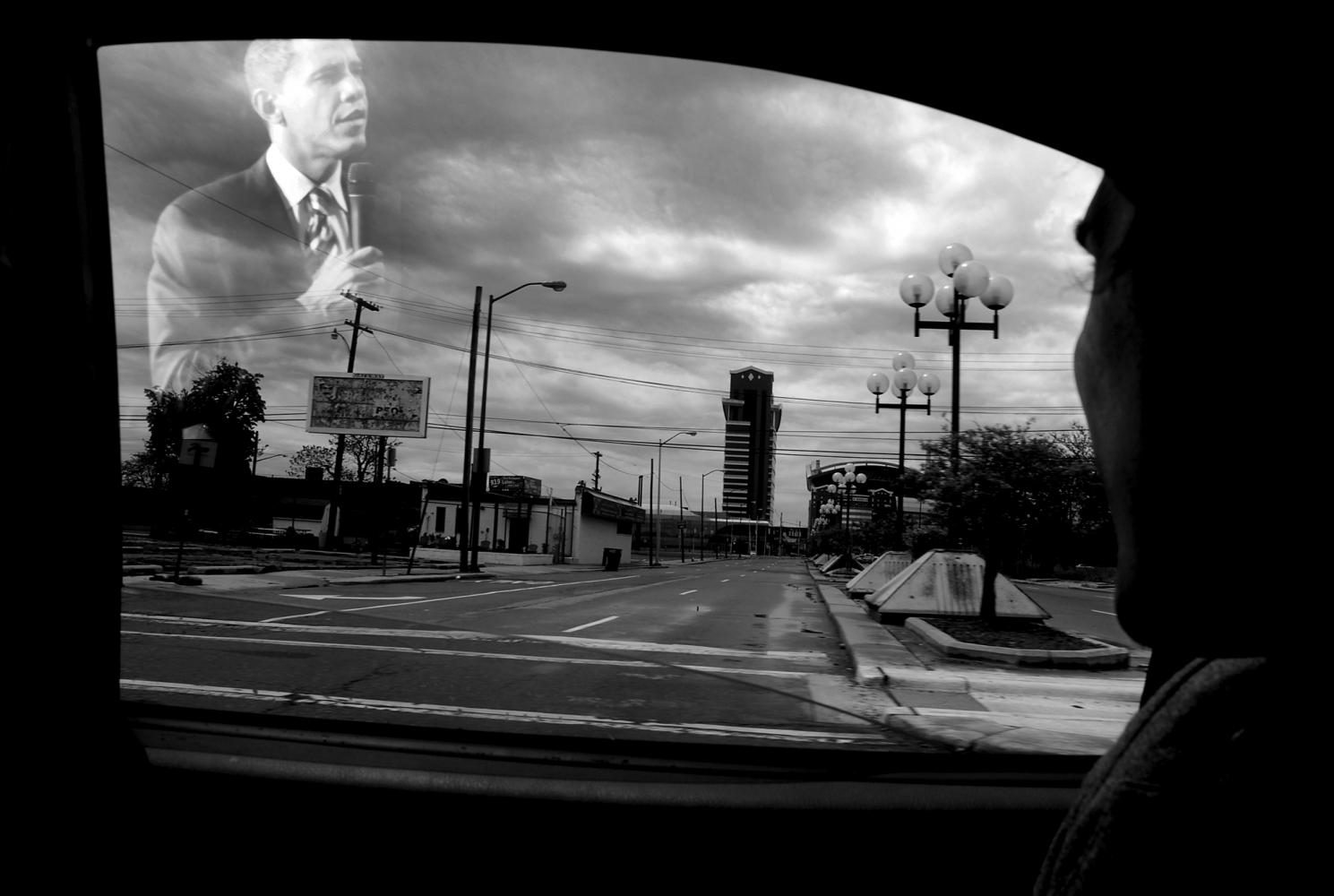The Home Front: Where the Recession Really Matters
Turn on any news station and you will be bombarded with people and institutions to blame. It’s the Obama administration’s fault. It’s the Republicans’ fault. It’s Wall Street’s fault. It’s the banks’ fault. It’s the media’s fault. There’s plenty of blame to go around, but most of the damage has been closer to home. State and local governments have faced an economic nightmare: so far in 2010, state governments have faced a combined deficit of over $192 billion — almost a third of their overall budgets.
According to the Center for Budget and Policy Priorities, 46 states have cut their budgets since 2008, affecting all major areas of state services, from health care to higher education. Last year in Washington, DC, the government opted to cut $60 million from social safety net programs in order to stem a fiscal crisis. Many programs had already been stretched to the limits as demand for services grew during the recession. But at the time when they were most needed, these programs were being downsized. This past summer, hundreds of families were turned away from homeless shelters because the shelters did not receive enough funding to help all of those in need. For many low-income families, these shelters represented a last refuge to escape the extreme heat. But because of the budget cuts, the D.C. government left them to languish in the sun.
Unlike many of the jobs lost due to the financial crisis, these state and local disasters could have been prevented. If state and local officials had temporarily enacted progressive income tax codes (those that require higher income earners to pay a higher percentage in taxes), they could have eased the sting of the recession for millions of Americans. Here in D.C., a group of activists haven’t given up the fight.
“When people understand how the numbers translate with regard to their quality of life, the budget crisis becomes very real,” said April Goggans, a member of the Save Our Safety Net campaign.
The Save Our Safety Net (SOS) campaign started last summer with one policy goal: to raise taxes for high-income earners in order to support social programs. They demanded that income over $200,000 be taxed at a rate of 9 percent instead of the current 8.5 percent, and that any income over one million dollars be taxed at a rate of 9.4 percent. Taken together this would raise the roughly $60 million dollars needed to restore the safety net funding cut the year before.
The imposition of this “millionaire’s tax” would not have been an unfair burden on the rich communities of D.C. According to an analysis by the Institute on Taxation and Economic Policy, the bottom 80 percent of wage earners pay, on average, 8.8 percent of their income in taxes. Meanwhile, the top 20 percent of earners pay only 7.7 percent of their incomes. This means that that D.C. tax system is regressive: those with the least to spare pay a larger chunk of their income. Adding the millionaire’s tax would not only have provided a basic safety net for thousands of desperate D.C. residents, it also would have made the D.C. tax system a little fairer.
“Our campaign worked very hard on messaging the new tax brackets we proposed,” said Joni Rebekah, a member of the Save Our Safety Net steering committee. “We kept the focus on the choice between the tangible benefits of safety net programs and continuing a tax structure that unfairly benefited the most wealthy.”
Despite receiving significant media coverage, the support of a wide swath of D.C. residents, and the backing of five city council members (who went as far as to don the Save Our Safety Net superhero capes), the D.C. Council voted not to adopt the new tax. It did, however, vote in favor of restoring $11 million of the funding.
“The fact that new tax brackets came to a vote on the Council was a success” said Rebekah. “Through our mainstream and social media work, and creative direct actions that interrupted business as usual, we were able to change the debate and the understanding of what was possible.”
Government — whether local, state or federal — is supposed to be our lifeline during recessions, helping to bolster the economy and keep individuals afloat. With a national political ethos so averse to taxation, progressives need to step up their efforts and call for relief at any cost. As D.C. faces a $175 million deficit next year, our own community’s safety net is at risk of even deeper cuts. To stop these cuts in our own local D.C. community and similar threats from around the nation, we must follow SOS’s lead and show the politicians that we will not stand for it.
SOS-DC is currently looking for volunteers to help with Council engagement, blogging, and organizing high-income communities. AU students should contact [email protected] to get involved.
Photo by Louise Brask.







